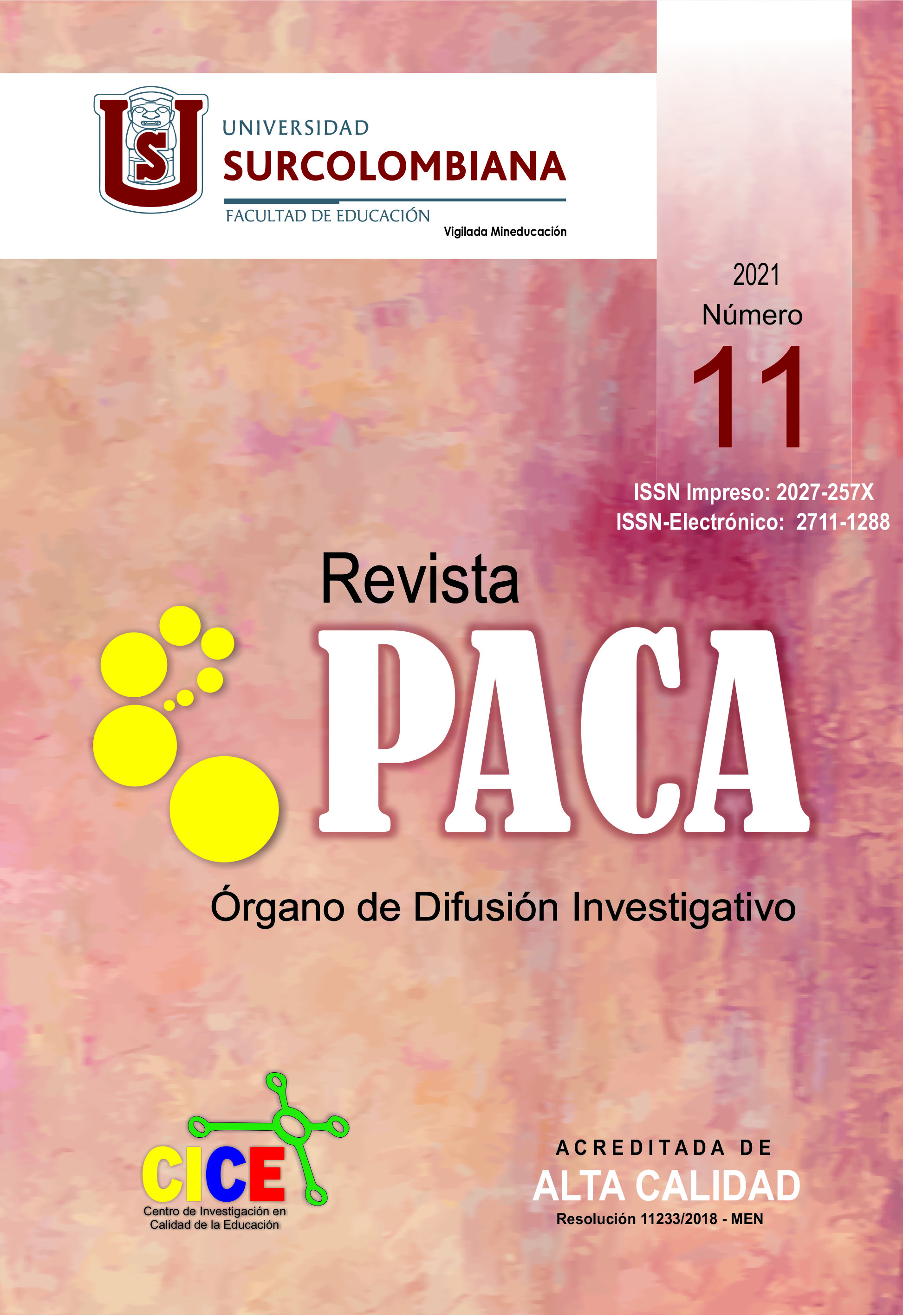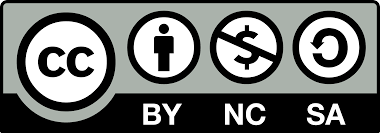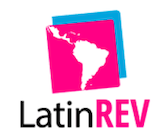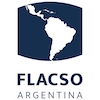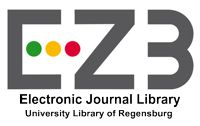Transdisciplinarity, transversality and alternative training models
##plugins.themes.bootstrap3.article.main##
The purpose of this paper is to present some approaches to the concepts of transdisciplinarity and transversality, which can be considered underlying principles of the construction of training models oriented to the production of new pedagogical practices in higher education that transcend current ways of teaching, which are generally based on aggregate curricula (Bernstein, 1977).
For this purpose, in the first place, reference is made to the relationships between transdisciplinarity and transversality. Second, progress is being made in the conceptualization of what is understood by a model. Third, some considerations are presented about what makes up a transversal training model. Finally, some conclusions and recommendations are drawn up in relation to the importance of promoting transversal thinking in training processes. These points are complex given the diversity of approaches that exist on transdisciplinarity, model, training model and transversal training model and on the isolated treatment of these concepts that have become relevant to higher education, especially for the universitiy,. Hence, the interest in giving a systemic approach to them, trying to establish their vertical and horizontal relationships.
Downloads
##plugins.themes.bootstrap3.article.details##
Becher, T. (2001). Tribus y Territorios Académicos. La Indagación Intelectual y las Culturas de las Disciplinas. Barcelona: Editorial Gedisa.
Bell, D. (1996). Las contradicciones culturales del capitalismo. Madrid: Alianza Editorial.
Bermejo, D. (2005). Posmodernidad, pluralidad y transversalidad. Barcelona: Anthropos.
Bernstein, B. (1977). Clasificación y enmarcación del conocimiento Educativo. En Class, codes, and control, Volumen 3. Towards a theory of educational transmitión. London: RKP, pp. 202-230.
Deleuze, G. y Guattari, F. (1988). Mil mesetas. Capitalismo y Esquizofrenia. París: Editorial Pre- textos.
Deleuze, G. y Guattari, F. (1993). ¿Qué es la filosofía?. Barcelona: Anagrama.
Diaz, Villa, M. (2007). Lectura Crítica de la Flexibilidad. Vol I. La Educación Superior frente a los retos de la flexibilidad. Bogotá: Cooperativa Editorial Magisterio.
Dogan, M. (2003). Las nuevas ciencias sociales: grietas en las murallas de las disciplinas. Recuperado de: https://metodologiasdelainvestigacion.wordpress.com/2010/11/20/las-nuevas-ciencias-sociales-grietas-en-las-murallas-de-las-disciplinas-mattei-dogan-unesco/
Geertz, C. (1980). Blurred Genres: the refiguration of social thought. The American Scholar, Vol. 49 N° 2 (1980), pp. 165-179
Moreno Bayardo, M. G. (2005). Potenciar la educación. un currículum transversal de formación para la investigación REICE. Revista Iberoamericana sobre Calidad, Eficacia y Cambio en Educación, Vol. 3, N° 1, pp. 520-540.
Morín, E. (1990). Introducción al pensamiento Complejo. Madrid: Gedisa.
Nicolescu, B. (1996). La Transdisciplinariedad Manifiesto. París: Ediciones Du Rocher.
Saur, D. (2013). Entrevista a Rosa Nidia Buenfil Burgos. Eclecticismo y transversalidad en la investigación educativa. En Propuesta Educativa 39, 5-12.
Sennett, R. (2000). La corrosión del carácter. Barcelona: Anagrama.
Santamaría, F. (15 de febrero 2012). Reflexiones sobre ecologías y espacios del aprendizaje, análisis del aprendizaje y análisis de las redes sociales. visualización de datos. Big Data y otros temas emergentes. Blog de Fernando Santamaría. educación rizomática | Blog de Fernando Santamaría (fernandosantamaria.com)
UNESCO, (1998). Ejes Transversales Aprendizajes para la vida. Recuperado de: http://recursosbiblio.url.edu.gt/publicjlg/Lib/2015/url/06/los_eje.pdf


